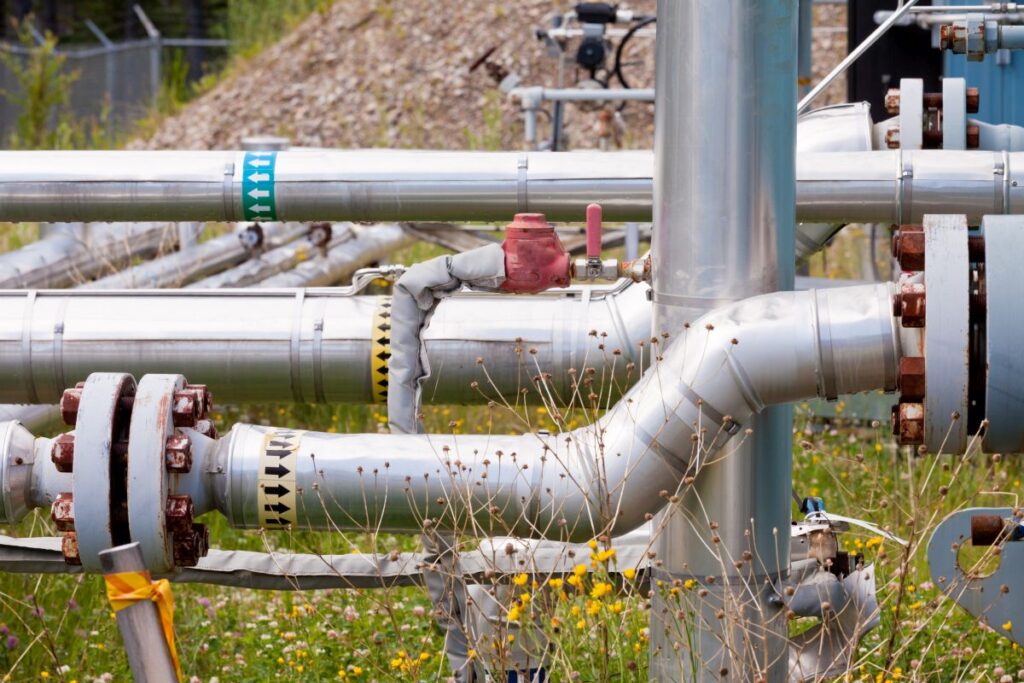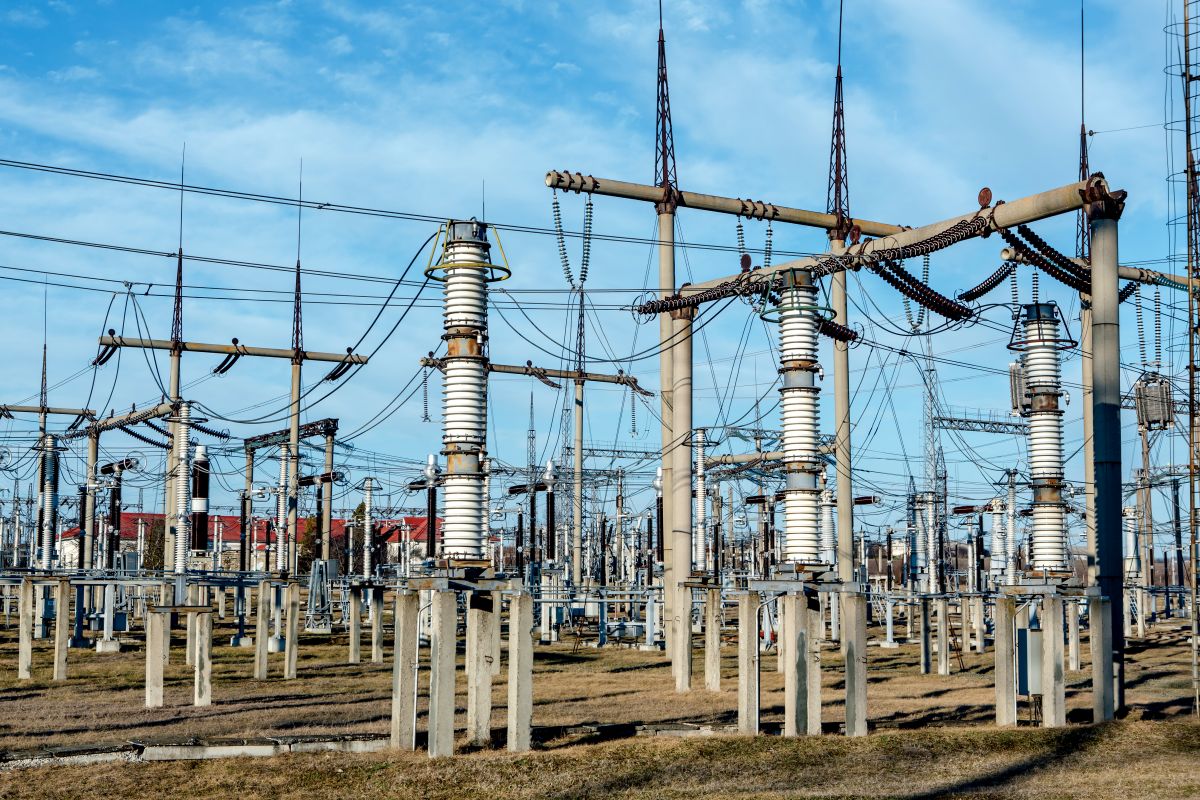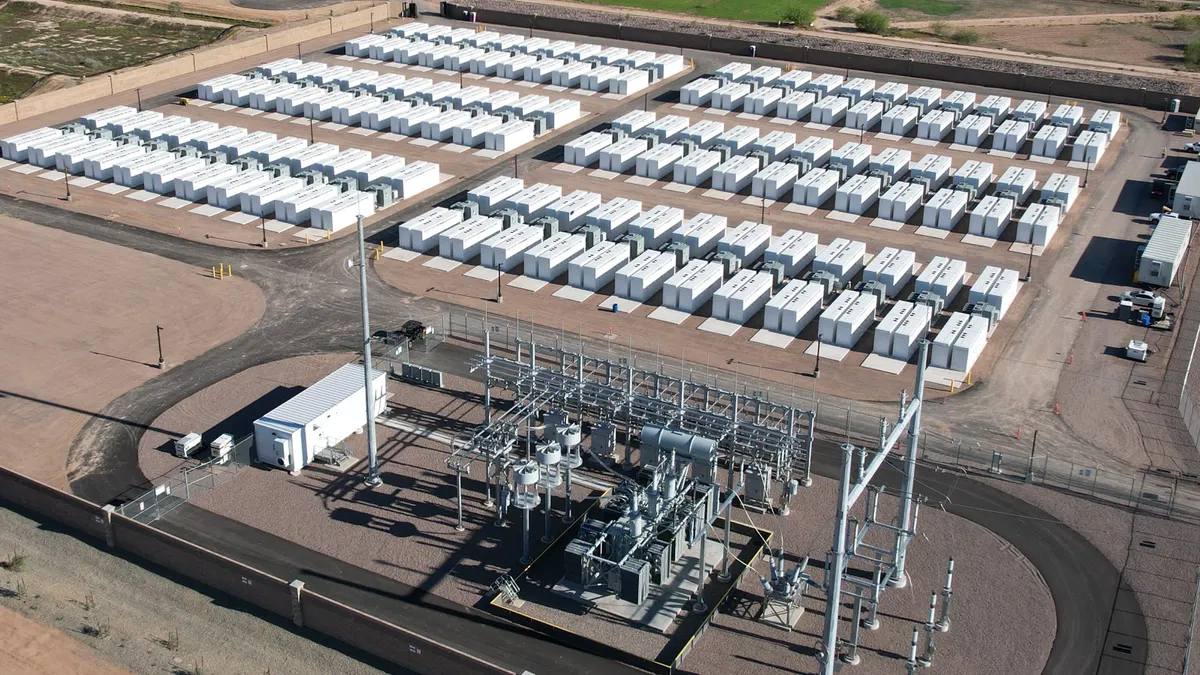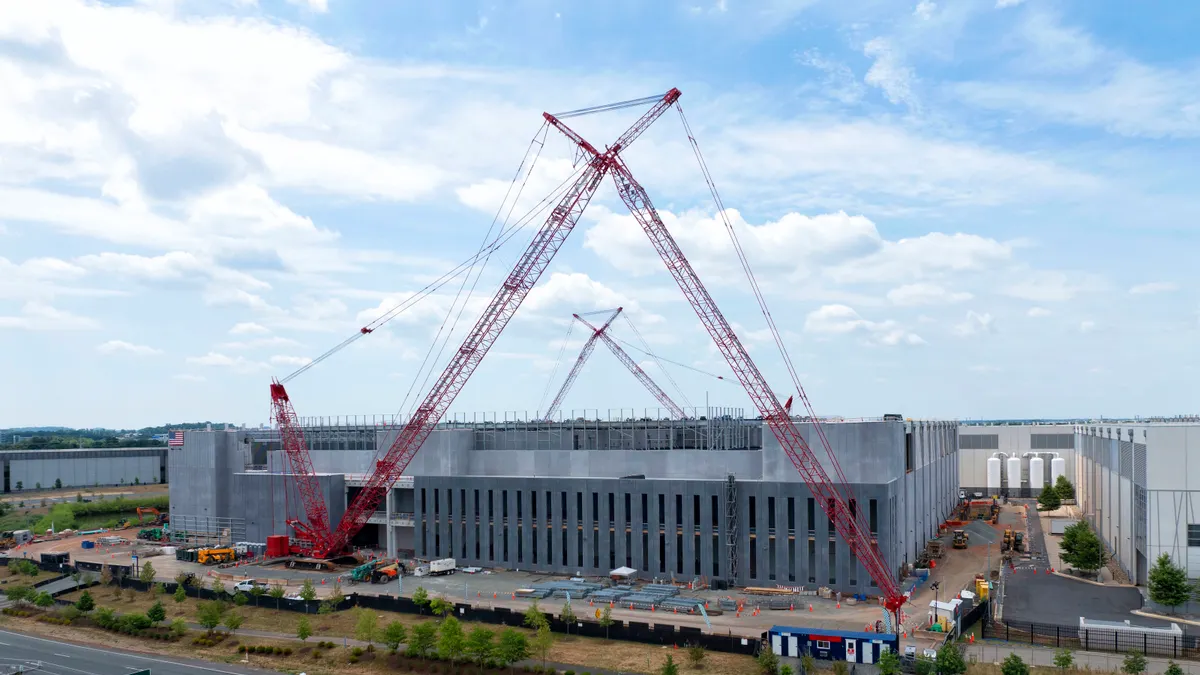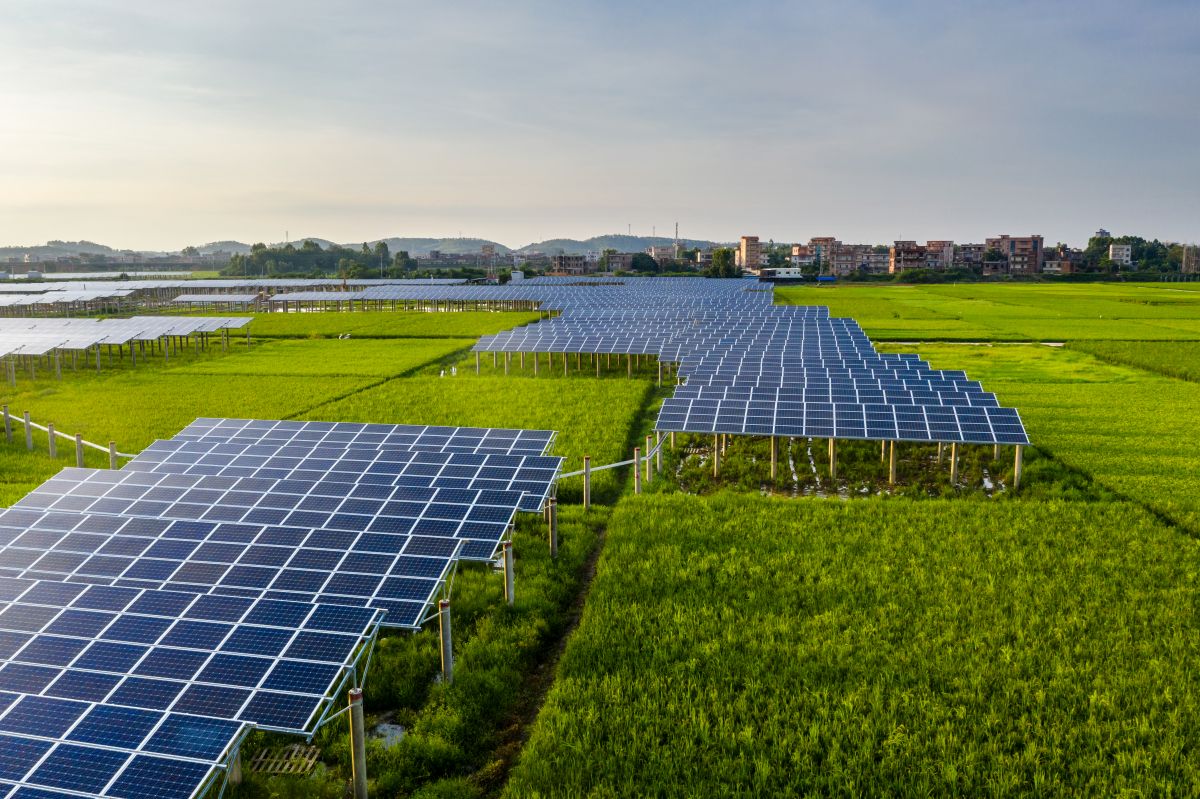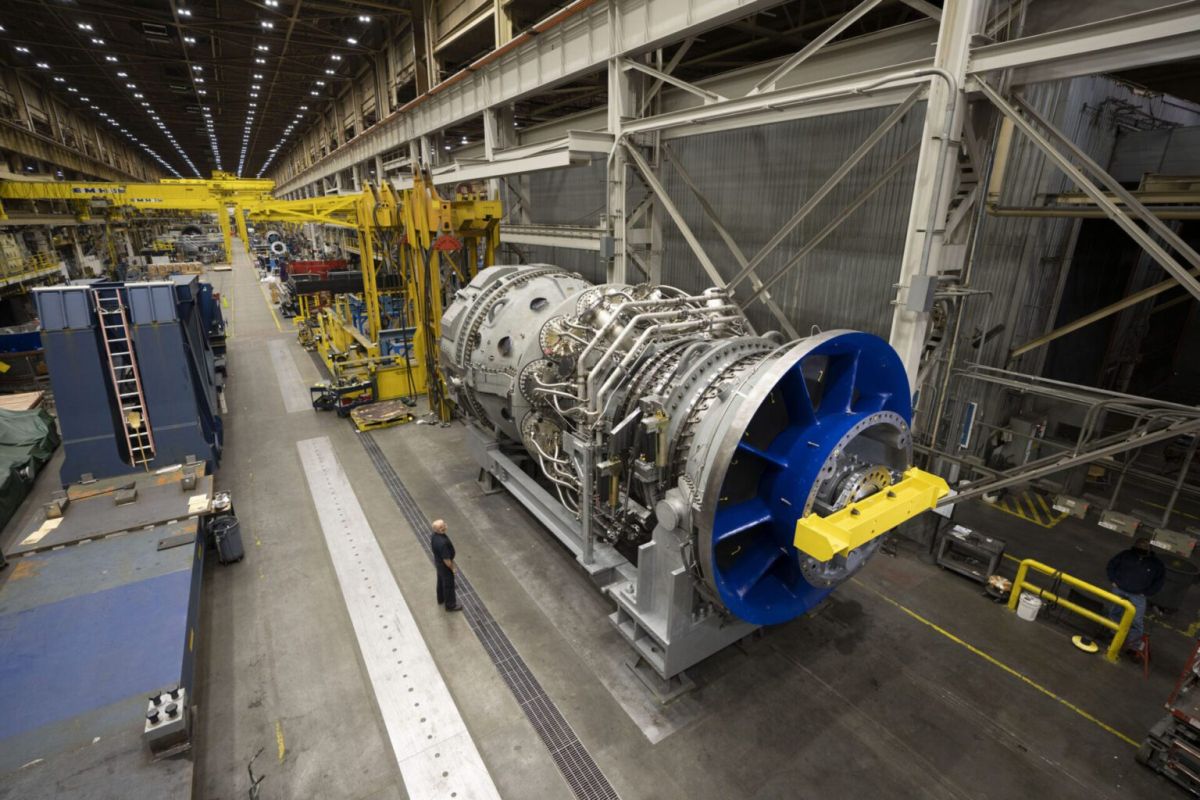WWW.UTILITYDIVE.COM
The Federal Energy Regulatory Commission on Friday ended a long-running effort to update its “policy statement” that explains how the agency assesses proposed natural gas infrastructure projects, including how they affect communities and the environment and whether they are needed.
On Aug. 29, U.S. Department of Energy Secretary Chris Wright directed FERC to end the rulemaking process, saying it was creating uncertainty for the gas sector. Wright asked FERC to issue a decision by Sept. 30.
In January after President Donald Trump was inaugurated, FERC rescinded a related draft policy statement on how the agency would review a project’s effect on the climate.
After launching a proceeding in April 2018 to consider updating its framework for reviewing gas infrastructure applications that was set in 1999, FERC in February 2022 issued updated policy statements. But after pushback from lawmakers and others, five weeks later the agency said the updated policies were only drafts. FERC never used them to assess pipeline or liquefied natural gas proposals.
In its decision to end the proceeding, FERC said the issues addressed in the draft policy statement were better handled on a case-by-case basis.
“We believe that the 1999 Certificate Policy Statement, as subsequently applied by the commission, continues to provide the appropriate framework for reviewing proposed natural gas projects in a legally durable manner,” FERC said in its unanimous decision.
DOE’s directive to FERC indicates that the department may take on a bigger policy role at the agency, according to attorneys at Akin Gump Strauss Hauer & Feld.
“While adoption of the request would not result in any immediate change to FERC policy, it does signal that the DOE intends to be more involved in FERC policy making going forward and may be the first in a string of DOE efforts to reshape energy policy within FERC’s traditional purview,” the attorneys said in a Sept. 9 blog post.
DOE’s request that FERC axe its draft policy statement was supported by groups such as the American Gas Association, the Natural Gas Supply Association and the American Petroleum Institute. It was opposed by the New Jersey Division of Rate Counsel and 10 advocacy groups that include Earthjustice, the Sierra Club and WE ACT for Environmental Justice.
FERC’s decision comes as the United States has become the largest LNG exporter in the world, with exports totaling 11.9 billion cubic feet per day last year, according to the U.S. Energy Information Administration.
The U.S. has eight LNG export terminals that can handle 14.5 Bcf/d and another eight are being built that could export about 21.8 Bcf/d, according to FERC. The agency has approved 10 other export projects totaling 13.2 Bcf/d that aren’t under construction as of Sept. 9. FERC is reviewing two LNG export applications and there are two projects in the agency’s pre-filing process, according to the commission.



